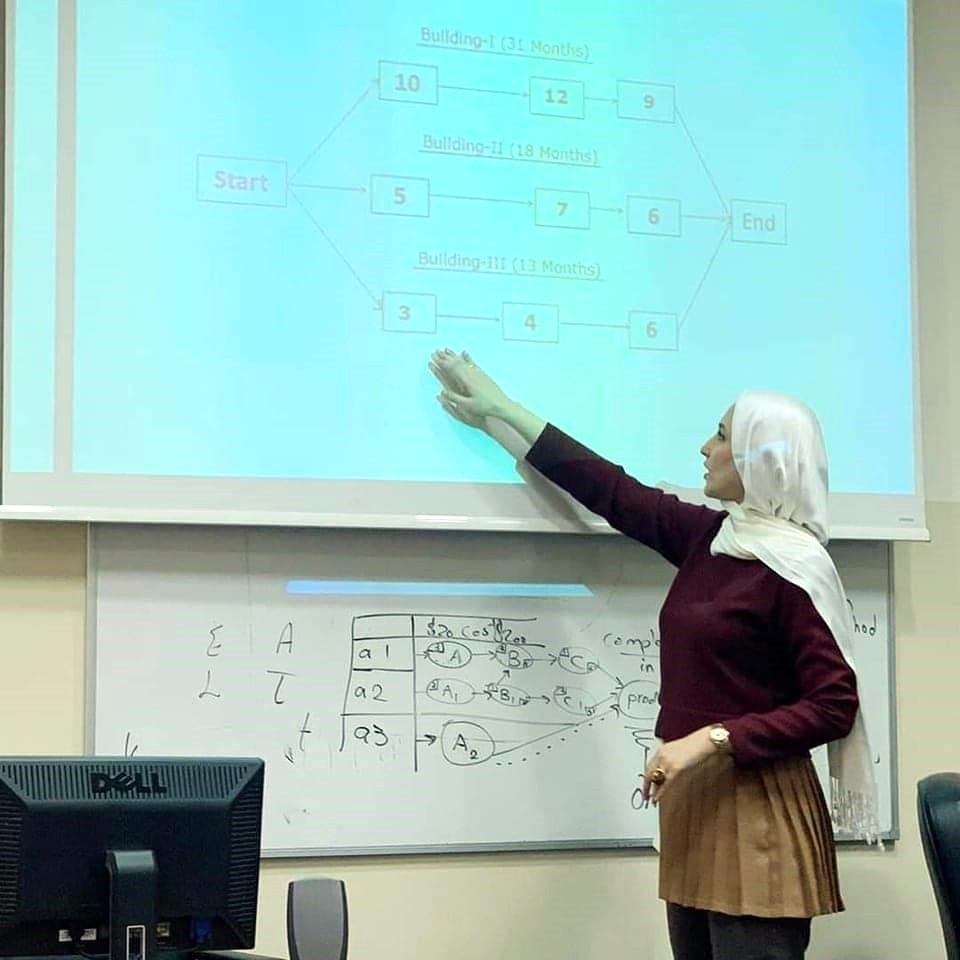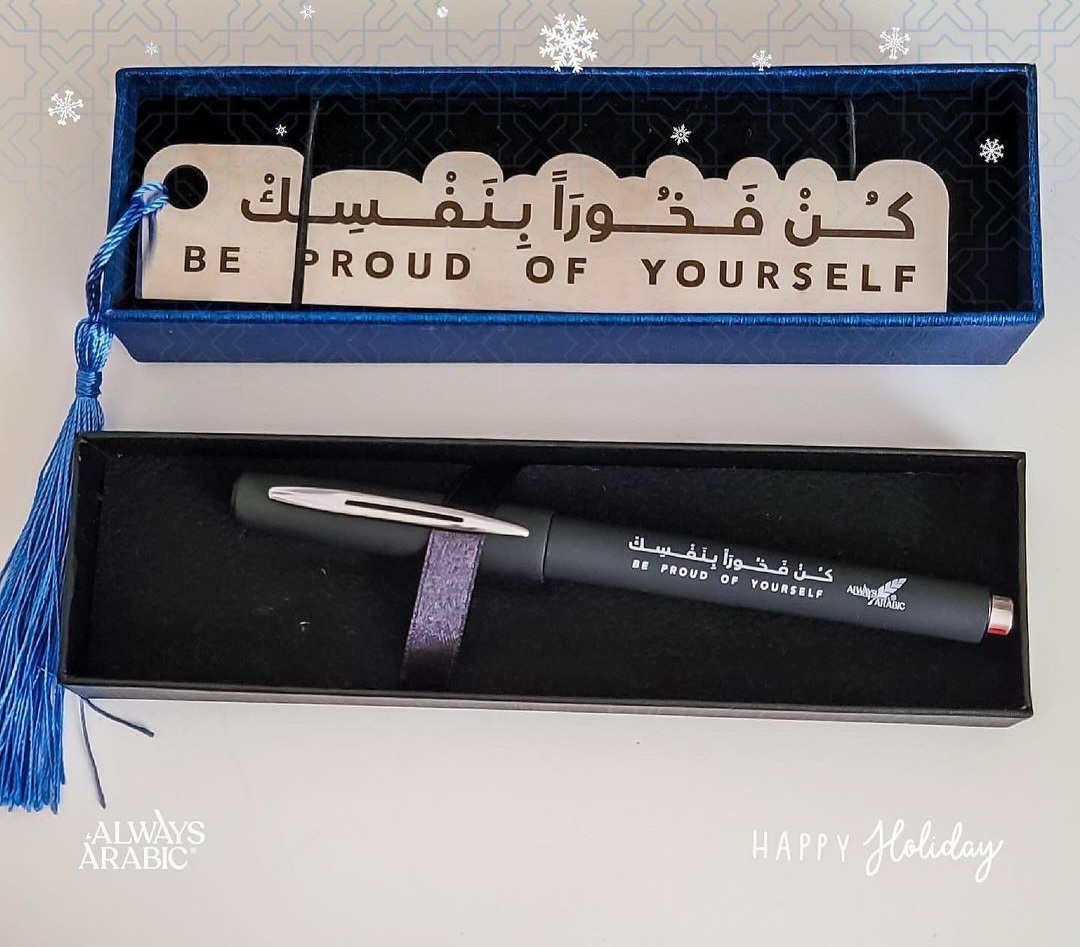
For M
anal Taqatqa, success as an entrepreneur is all about the details. “When I explain it to students, I always focus on two phases,” said Taqatqa, an instructor in management and entrepreneurship at DePaul. “Planning and controlling. You need to understand each task well. You need to assign each task to the right people. And you need to have a tool to measure your progress.”
Taqatqa speaks from firsthand experience. In addition to being a researcher in project and organizational management, she is also a founder. Through her business, Always Arabic, she creates school supplies and other materials for students learning Arabic.
Earlier this year, she earned a $5,000 grant from the Arab American Business and Professional Association for her work.
The way Taqatqa sees it, success as an entrepreneur isn’t just the ability to have a vision. It’s the ability to break entrepreneurship down into its ingredients: to understand each part, and its contribution to the whole, in turn.
Step One: Believe in Your Vision

“My goal is to bridge between American and Arab culture through stationery to be distributed in schools," she said. “It helps students recognize the letters.”
That’s Taqatqa’s first lesson in entrepreneurship: Stay true to your vision.
For Taqatqa, that vision starts and ends with identity.
“I’ve always believed that language isn’t just something you speak,” she said. “It’s more than that. It’s identity. It’s who you are; it’s your culture. It’s something we should be proud of, and something we should make sure we pass along to the new generation. I felt like I had that on my shoulders.”
Step Two: Identify a Need
If having a vision is a guiding light, then identifying a need in the market is a map: a way to navigate the journey from vision to reality.
“I noticed that my daughter’s school was missing some tools to help students,” Taqatqa said. “Especially third-generation Arab Americans,” who might not have many relatives who grew up speaking Arabic as their first language.
To substantiate that hunch, she set up meetings with her daughter’s principal and administrators at other schools. They helped the vision for Always Arabic come into sharper focus.
Doing this kind of market research has remained critical to her process, Taqatqa stressed. She regularly meets with clients to get their reaction to new product ideas, or to solicit their feedback on existing offerings.
Step Three: Cultivate a Network
“It’s so important to belong to a community of entrepreneurs or small business owners,” Taqatqa said. “You find other people who understand the challenges. It helps you feel like you’re not alone. It helps you keep going.”
The Arab American community is another key part of Taqatqa’s network. Receiving the grant from the Arab American Business Network was a full-circle moment: an affirmation of the vision that has gotten Taqatqa this far.
“The grant is not only about the money,” she said. “It’s also about the recognition. I’m seen. People can see me; people can see my work. Especially because it’s one of the only grants available for our community.”
Step Four: Embrace Change
 As Taqatqa looks ahead, her vision remains an essential guiding light.
As Taqatqa looks ahead, her vision remains an essential guiding light.
“I want to see Always Arabic become a global brand,” she said. “I can see it happening — even if I don’t know when.”
Part of that vision, for Taqatqa, involves accepting change. It involves accepting that new needs will arise in her market — that her business will have to morph to meet these needs.
As she put it: “You need to accept change. You might go through a phase of denial. But you know you’ll have to accept it eventually – so why not just skip over the denial?”
Zoom out on Taqatqa’s entrepreneurial journey, and you see the forces that have shaped it. The market pushes you in new directions, even as your vision pulls you forward. Problems arise — and solving them, with input from your clients, and support from your community, helps you endure for the long haul.
For her part, here’s how Taqatqa sees the whole picture:
“Entrepreneurship is problem-solving. It’s navigating challenges. And it’s creating opportunities for the business to stay around for the long term.”